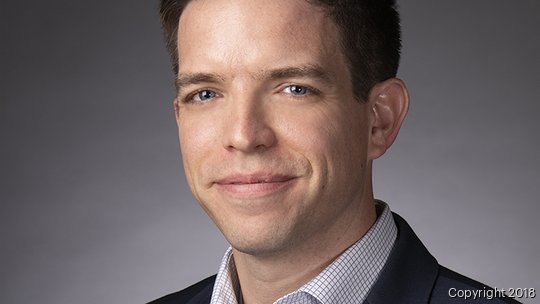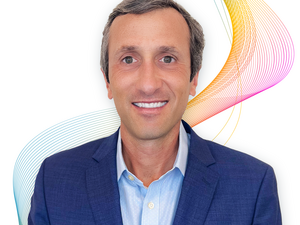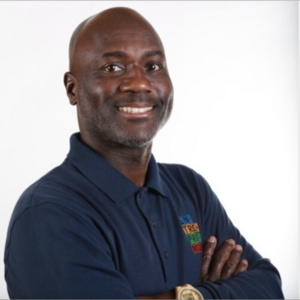
A Baltimore company has raised $3 million to support the launch of a new diagnostic tool that detects the warning signs of esophageal cancer.
Previse, an early cancer detection company founded in 2019 under their previous name Capsulomics, will use the funding to expand the launch of Esopredict, which can detect esophageal cancer by analyzing changes in a patient's DNA. Maryland Technology Development Corp. (TEDCO), Wexford Science and Technology, Riptide Ventures, Gaingels and numerous angel investors participated in the funding round.
The seven-person company plans to distribute several hundred tests this year, CEO Daniel Lunz said. The company will also use the round to conduct the clinical research necessary for insurance companies to cover the test.

Esopredict has launched as a lab-developed test that does not require the same amount of Food and Drug Administration oversight as larger-scale products built and used in multiple labs.
Esophageal cancer is one of the most lethal forms of the disease in the world, with a 20% five-year survival rate. The American Cancer Society estimates that 21,560 people will be diagnosed with esophageal cancer, and 16,120 people will die from the disease.
Esopredict detects very early changes to DNA using a sample of a patient's cells to calculate a patient’s future risk for developing esophageal cancer. Previse's test is used for patients with Barrett’s Esophagus, a condition where tissue changes to resemble the type of cells that line the intestine. The condition is a significant risk factor for cancer. Physicians regularly monitor patients with Barrett's Esophagus, but there's a chance that in between surveillance periods, doctors may miss an opportunity to catch cancer. By identifying a patient as high-risk, they can pursue more aggressive treatment for Barrett's. If a patient is considered low risk, they may need fewer doctor's visits.
“It lets [gastrointestinal] physicians zero in on the right patients," Lunz said.
Baltimore has seen several cancer diagnostic startups earn large amounts of money in recent years. Much of the diagnostic technology is based on the work of Johns Hopkins professor Bert Vogelstein. A Vogelstein co-founded company, Haystack Oncology, raised $56 million in November. Two other companies founded by Vogelstein, Ken Kinzler and Nick Papadopoulos have been sold for huge payouts. Exact Sciences acquired Thrive Earlier Detection Corp. for over $2 billion in 2020, while their other company, Personal Genome Diagnostics, was acquired by Lab Corp. for $575 million in 2020. Exact Sciences' Cologuard test, which looks for colon cancer, is based on similar early detection technology as Previse.










